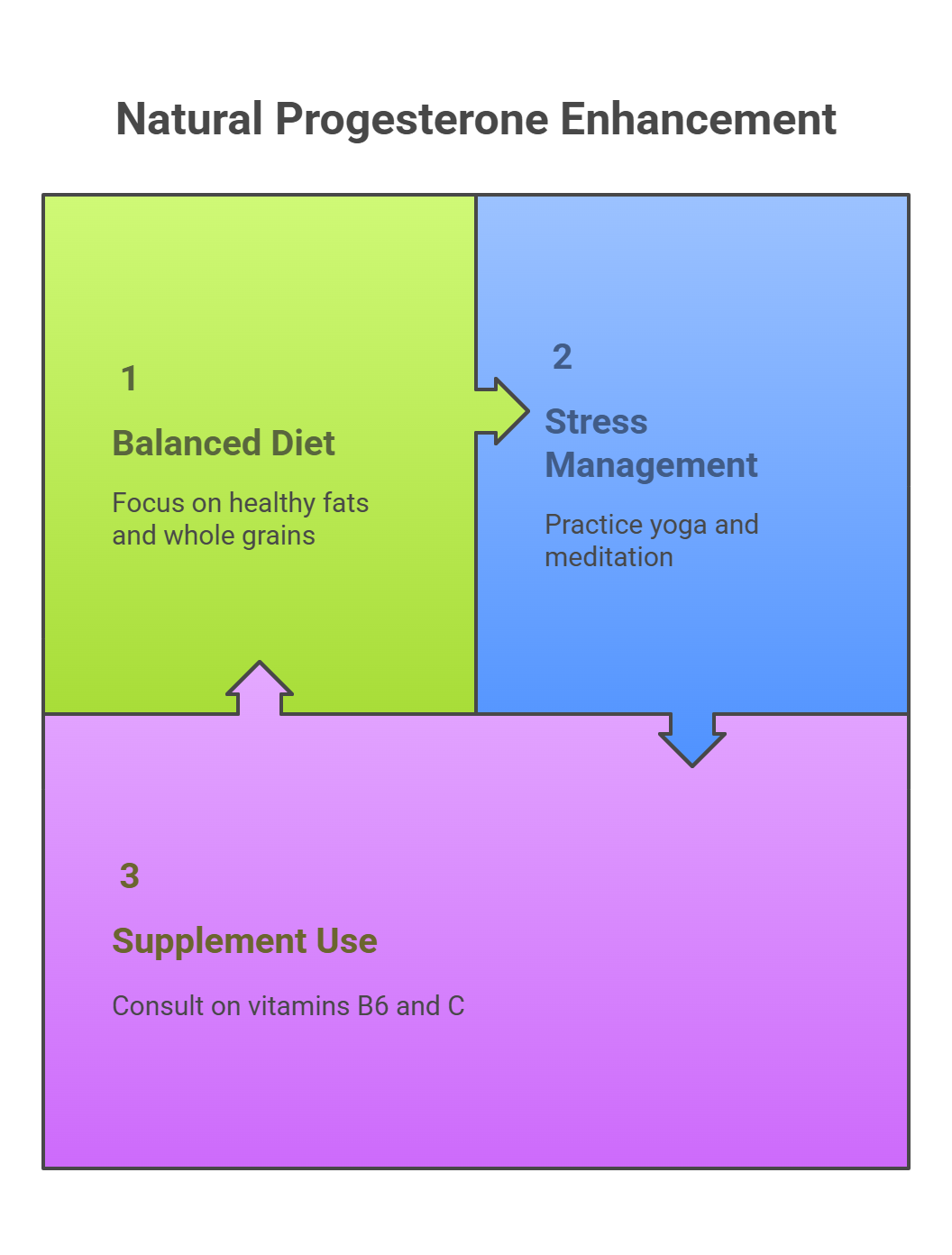
Understanding Low Progesterone: What Does It Mean for You?
For many adults seeking fertility and pregnancy advice, low progesterone can be a concern. It's a common yet often misunderstood hormone that plays a vital role in the female reproductive system. Progesterone is produced primarily after ovulation and is critical for preparing and maintaining a healthy uterus for potential pregnancy. So what does low progesterone mean for individuals trying to conceive or maintain a pregnancy?
The Role of Progesterone in Fertility
Progesterone is essential for creating a conducive environment in the uterus, making it possible for an embryo to implant successfully. Low levels of this hormone can lead to a variety of issues, including irregular menstrual cycles, difficulty in ovulation, and even recurrent miscarriages. Therefore, understanding your progesterone levels is crucial when assessing your fertility health.
Causes of Low Progesterone
There are several potential causes of low progesterone levels, including stress, hormonal imbalances, and certain medical conditions like polycystic ovary syndrome (PCOS). Lifestyle choices can also play a significant role. For instance, excessive weight loss or gain, poor diet, and stress can affect hormonal balance. Therefore, making conscious decisions about your health can lead to improvements.
How to Know If You Have Low Progesterone
If you suspect that you might have low progesterone, it's important to consult with a healthcare professional. They can perform blood tests to measure hormone levels accurately. Signs to look out for include frequent mood swings, fatigue, irregular cycles, and difficulty conceiving.

Natural Remedies and Lifestyle Changes
Incorporating lifestyle changes can help boost your progesterone levels naturally. Here are a few suggestions:
Diet: Focus on a balanced diet rich in healthy fats, whole grains, and plenty of fruits and vegetables.
Stress Management: Practices such as yoga, meditation, and even simple breathing exercises can help lower stress and, subsequently, hormone imbalances.
Supplements: Seeking advice on the use of vitamins, especially vitamins B6 and C, can also support hormonal health.
Conclusion: Taking Action on Your Hormonal Health
If you're navigating the challenges of low progesterone, it’s essential to take action towards understanding your body. Recognize the role that lifestyle adjustments can play and don't hesitate to seek professional guidance to explore your options thoroughly. Remember, enhancing your hormonal health is a journey worth embarking on for your well-being and reproductive potential.
 Add Row
Add Row  Add
Add 




 Add Row
Add Row  Add
Add 

Write A Comment